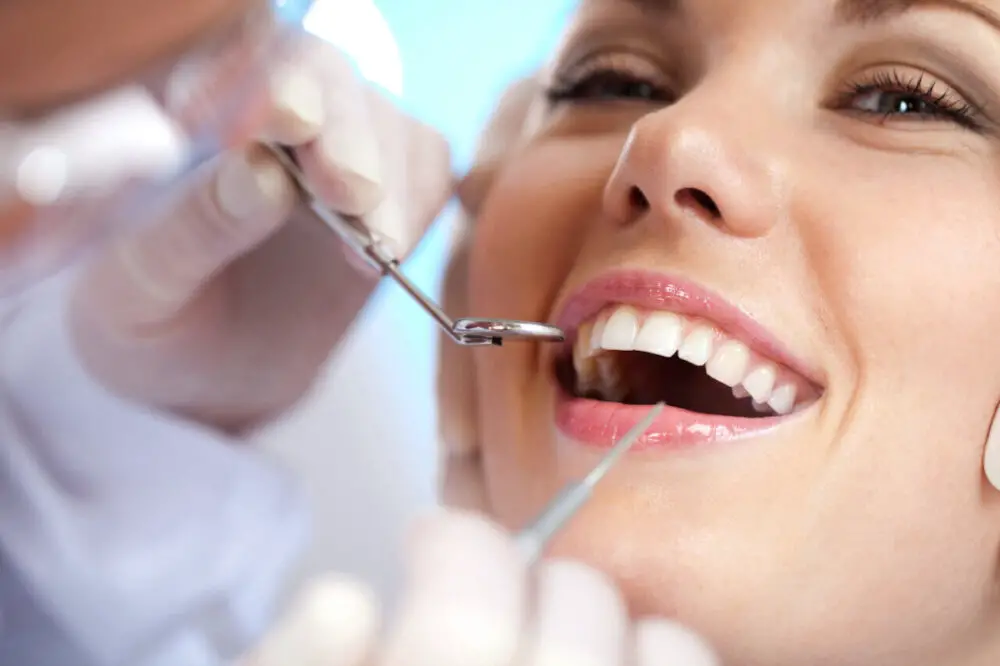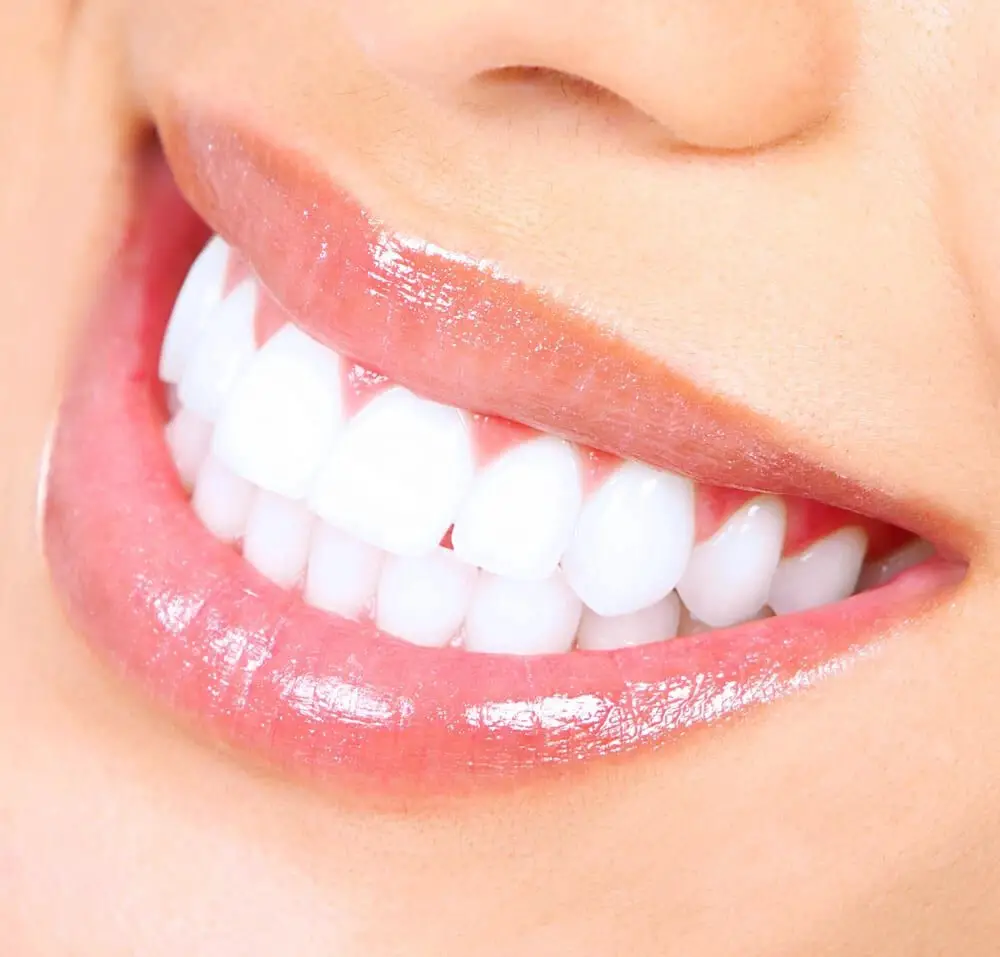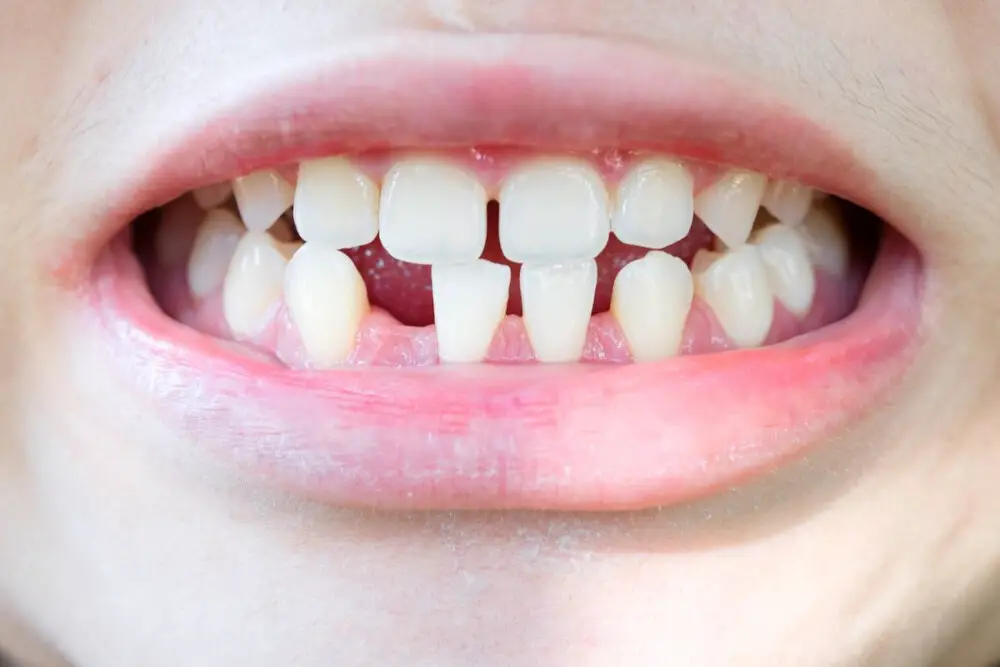Teeth Whitening Cost with Insurance: What You Need to Know

Are you looking forward to having a brighter, more confident smile? Teeth whitening is a popular cosmetic dental procedure that can enhance the appearance of your teeth. However, the cost of teeth whitening can be a concern for many people. Fortunately, if you have dental insurance, you may be able to reduce your out-of-pocket expenses significantly. In this article, we will discuss everything you need to know about teeth whitening cost with insurance. Teeth whitening can be an effective way to improve the appearance of your teeth, but the cost can vary depending on several factors. The cost of teeth whitening without insurance can range from a few hundred to several thousand dollars. However, if you have dental insurance, you may be able to save a significant amount of money on the procedure. Nevertheless, before you make any decisions, it’s important to understand the basics of teeth whitening cost with insurance, including what your insurance covers and what costs you may still be responsible for paying. Read on to learn more about teeth whitening cost with insurance.
Teeth whitening is a cosmetic procedure that uses various techniques to lighten the color of teeth and remove stains or discoloration. The most common method is through the use of hydrogen peroxide or carbamide peroxide-based bleaching agents applied to the teeth. This procedure is more effective on surface stains caused by food, drinks, and smoking, but may not work on deeper stains caused by medications or trauma. The benefits of teeth whitening include a brighter, more attractive smile, boosted self-confidence, and improved overall oral hygiene habits. While the cost of teeth whitening can vary depending on the method and dental insurance coverage, it is generally considered a safe and affordable way to enhance one’s appearance.
Knowing the cost of a dental procedure with insurance coverage is crucial in making informed decisions regarding your oral health. Teeth whitening, for instance, is a cosmetic procedure that can vary in cost depending on the dental office and the type of insurance plan. Being aware of the cost with insurance coverage can help you plan and budget accordingly, avoiding any surprise expenses. Additionally, it can also help you choose the right insurance plan that covers teeth whitening, saving you money in the long run. By understanding the cost with insurance coverage, you can prioritize your oral health and achieve a brighter, healthier smile without breaking the bank.
What is teeth whitening?

Teeth whitening is a cosmetic dental procedure that aims to remove stains and discoloration from the teeth’s surface. It is one of the most popular dental treatments worldwide, and it can be performed in-office or at home. The procedure involves the use of various products and techniques, such as bleaching agents, laser technology, and customized trays. Teeth whitening can improve the appearance of the teeth and enhance one’s self-confidence. It is an excellent option for anyone looking to restore the natural whiteness of their teeth and achieve a brighter smile. Teeth whitening cost varies depending on the method used, the dentist’s experience, and the geographical location. In general, the in-office procedure is more expensive than the at-home treatment, and the laser technology is the most expensive of all. However, many insurance plans cover the cost of teeth whitening, making it an affordable option for many patients. It is essential to check with your insurance provider to see if they cover the cost of teeth whitening and what the limitations are. In conclusion, teeth whitening is a safe and effective way to improve the appearance of your teeth, and with the help of insurance, it can be a cost-effective option for many patients.
Teeth whitening is a cosmetic dental procedure that aims to remove stains and discoloration from teeth, resulting in a brighter and more attractive smile. The process involves applying a bleaching agent to the surface of the teeth, which penetrates the enamel and breaks down the molecules that cause stains. Whitening can be done in-office by a dental professional or at home using customized trays and professional-grade products. While teeth whitening is generally considered safe and effective, it is important to consult with a dentist before undergoing the procedure to ensure that it is right for you and to discuss any potential risks or side effects.
There are several types of teeth whitening procedures available for those seeking a brighter smile. The most common method is in-office bleaching, which involves applying a high-concentration bleaching gel to the teeth and using a special light to activate the gel. Another option is at-home bleaching, where custom-fitted trays are filled with a lower-concentration bleaching gel and worn for a specified amount of time. Over-the-counter whitening products, such as whitening toothpaste and strips, can also be effective, although they may take longer to achieve noticeable results. It’s important to consult with a dentist to determine the best option for your specific needs and budget.
How much does teeth whitening cost?

Teeth whitening is a cosmetic dental procedure that has gained immense popularity in recent years. It is a quick and effective way to enhance the appearance of your smile and boost your confidence. However, one of the most common questions that people ask is – how much does teeth whitening cost? The cost of teeth whitening can vary depending on several factors, such as the type of treatment, the dentist’s location, and the severity of the discoloration. On average, the cost of teeth whitening can range from $200 to $1000 per session. The cost of teeth whitening can be a significant concern for many people, particularly those who do not have dental insurance. However, some insurance plans may cover the cost of teeth whitening, depending on the type of plan and the severity of the discoloration. Before undergoing any teeth whitening treatment, it is essential to consult with your dentist to determine the best course of action and to discuss the cost and insurance options available to you. Additionally, there are several at-home teeth whitening products available on the market that can be more affordable than professional treatments, but it is essential to do your research and consult with your dentist before using any whitening products at home.
The average cost of teeth whitening varies depending on the method used and the location of the dental clinic. In-office professional teeth whitening procedures can cost anywhere from $500 to $1,500, while at-home kits can range from $20 to $500. Insurance coverage for teeth whitening may also vary depending on the type of insurance plan and the reason for the procedure. Cosmetic teeth whitening is often not covered by insurance, but if it is done for medical reasons such as staining caused by medication or injury, it may be partially or fully covered. It is important to consult with your dental insurance provider to understand your coverage options and any potential out-of-pocket costs.
The cost of teeth whitening can vary due to several factors. Firstly, the type of whitening treatment chosen can significantly affect the price. For instance, professional in-office treatments tend to be more expensive than over-the-counter options. The severity of the discoloration is another factor that can impact the cost. Stubborn stains may require more sessions or a stronger solution, which can increase the overall price. The location of the dental clinic can also play a role in determining the cost, as clinics with higher overhead expenses may charge more for their services. Additionally, insurance coverage can affect the cost, as some plans may cover a portion or all of the cost of the treatment. Overall, it’s important to consider all of these factors when budgeting for teeth whitening to ensure that you get the best value for your money.
Does insurance cover teeth whitening?

Teeth whitening is a popular cosmetic dental procedure that many people pursue to improve the appearance of their smiles. However, one common question that arises is whether insurance covers teeth whitening. The answer to this question is not straightforward, as it depends on the type of insurance coverage a person has. Generally, dental insurance plans do not cover teeth whitening as it is considered a cosmetic procedure. However, some insurance plans may include teeth whitening as part of their coverage if it is deemed medically necessary. This is usually the case if a patient’s teeth have become discolored due to a medical condition or medication use. It is important for individuals to check with their insurance provider to understand their coverage for teeth whitening. Some insurance plans may offer partial coverage, while others may only cover the cost of teeth whitening for specific dental conditions. It is also worth noting that teeth whitening can be expensive, with costs ranging from a few hundred to several thousand dollars depending on the type of procedure and location. Therefore, individuals should also consider other options such as at-home whitening kits or seeking out dental schools that offer discounted services.
Dental insurance coverage is a type of insurance policy that helps cover the cost of dental care and treatments. Depending on the plan you have, dental insurance can cover a wide range of services, from routine cleanings to more complex procedures like root canals and orthodontics. Most dental insurance plans have a yearly maximum that they will pay out for covered services, and they often require you to pay a deductible or co-payment when you receive care. It’s important to carefully review the details of your dental insurance plan to understand what is covered and what your out-of-pocket costs will be for different types of treatments. Knowing what your dental insurance covers can help you make informed decisions about your dental care and ensure that you get the most out of your coverage.
Dental insurance plays a significant role in covering various dental procedures, including teeth whitening. There are different types of dental insurance plans that cover teeth whitening, such as PPO, HMO, and Indemnity plans. PPO plans typically offer a wide range of coverage and allow you to choose your dentist and receive reimbursement for a portion of the treatment cost. HMO plans usually have a limited network of dentists, but the treatment cost is usually lower. Indemnity plans give you the freedom to choose your dentist and receive reimbursement for a portion of the treatment cost. When considering teeth whitening with insurance, it is essential to review the plan’s coverage, deductibles, and limitations to determine the best option for your needs.
While dental insurance can cover a wide range of procedures, teeth whitening is not always one of them. Many insurance plans consider teeth whitening to be a cosmetic procedure rather than a medically necessary one, which means that it may not be covered under the policy. Additionally, even if teeth whitening is covered, there may be limitations on the amount of coverage provided or the specific types of whitening treatments that are eligible. For example, some plans may only cover at-home whitening kits rather than in-office treatments, or may limit the number of treatments that can be received each year. Patients considering teeth whitening should carefully review their insurance policy and discuss their options with their dentist to determine what coverage is available and what out-of-pocket costs they may need to pay.
Alternatives to insurance coverage for teeth whitening

If you’re looking to whiten your teeth but don’t have insurance coverage, you may be feeling discouraged. However, there are a variety of alternatives to insurance coverage for teeth whitening that can help make the process more affordable. One option is to consider at-home teeth whitening kits. These kits typically include a bleaching agent, such as hydrogen peroxide, that you apply to your teeth using trays or strips. While at-home kits may not be as effective as professional teeth whitening treatments, they can still help to brighten your smile and are often much less expensive. Another alternative to insurance coverage for teeth whitening is to look for discounts or promotions offered by dental offices or online retailers. Many dental offices offer special deals on teeth whitening treatments throughout the year, particularly around holidays and special events. Additionally, online retailers often offer promotional codes or discounts for teeth whitening products that can help to make them more affordable. By doing some research and shopping around, you may be able to find a teeth whitening solution that fits within your budget.
Aside from dental insurance, there are other financing options available for those who want to undergo teeth whitening procedures. One such option is dental payment plans, where the cost of the treatment is divided into monthly payments. Another option is health savings accounts (HSAs) or flexible spending accounts (FSAs), which allow individuals to use pre-tax dollars to pay for dental procedures. Some dental clinics also offer in-house financing, which may include low-interest rates and flexible payment terms. Furthermore, there are third-party financing companies that specialize in dental and medical financing, offering flexible repayment options and low-interest rates. It is important to do your research and compare the different financing options available to find the one that best suits your needs and budget.
Dental discount plans and coupons are becoming increasingly popular for those who want to save on the cost of teeth whitening treatments. These plans typically offer a percentage off the cost of the procedure or a flat rate discount, depending on the provider. While they may not cover the entire cost of the treatment, they can significantly reduce the out-of-pocket expenses for patients. Patients should carefully review the terms and conditions of the plan or coupon to ensure they understand the limitations and exclusions. Additionally, it is important to note that not all dental providers accept these plans or coupons, so it is important to verify with the provider before scheduling an appointment.
In summary, teeth whitening cost with insurance can vary depending on the type of insurance you have and the specific procedures you need. While some insurance plans may cover teeth whitening as a cosmetic procedure, others may only cover it in certain circumstances, such as if it is medically necessary. Additionally, the cost of teeth whitening can also depend on the method used, with in-office treatments typically being more expensive than at-home options. It is important to check with your insurance provider and dental professional to understand your coverage options and to determine the best teeth whitening approach for your needs and budget.
When it comes to teeth whitening, the cost can be a major factor in deciding whether or not to pursue the treatment. However, it’s important to consider the cost of teeth whitening with insurance coverage. Many dental insurance plans cover teeth whitening, either partially or in full. By taking advantage of this coverage, patients can significantly reduce their out-of-pocket costs and make the treatment more affordable. It’s important to do your research and understand the specifics of your insurance coverage, including any limitations or restrictions. By working with your dentist and insurance provider, you can achieve a brighter, more confident smile without breaking the bank.
In conclusion, while teeth whitening can be a costly procedure, having dental insurance can greatly alleviate the financial burden. It is important to do your research and choose a dental insurance plan that covers the specific teeth whitening procedure you are interested in. Additionally, it is recommended to consult with your dentist to ensure that teeth whitening is the best option for you and to discuss any potential risks or side effects. With the right insurance coverage and professional guidance, achieving a brighter, more confident smile can be within reach.
Conclusion

In conclusion, understanding the cost of teeth whitening with insurance is important for those who desire a brighter smile. While insurance coverage may vary, it is important to research and compare different plans to find the best option for your needs. Additionally, it is crucial to consider the potential risks and benefits associated with teeth whitening treatments. Ultimately, investing in a healthy and beautiful smile can have a positive impact on self-confidence and overall well-being.







